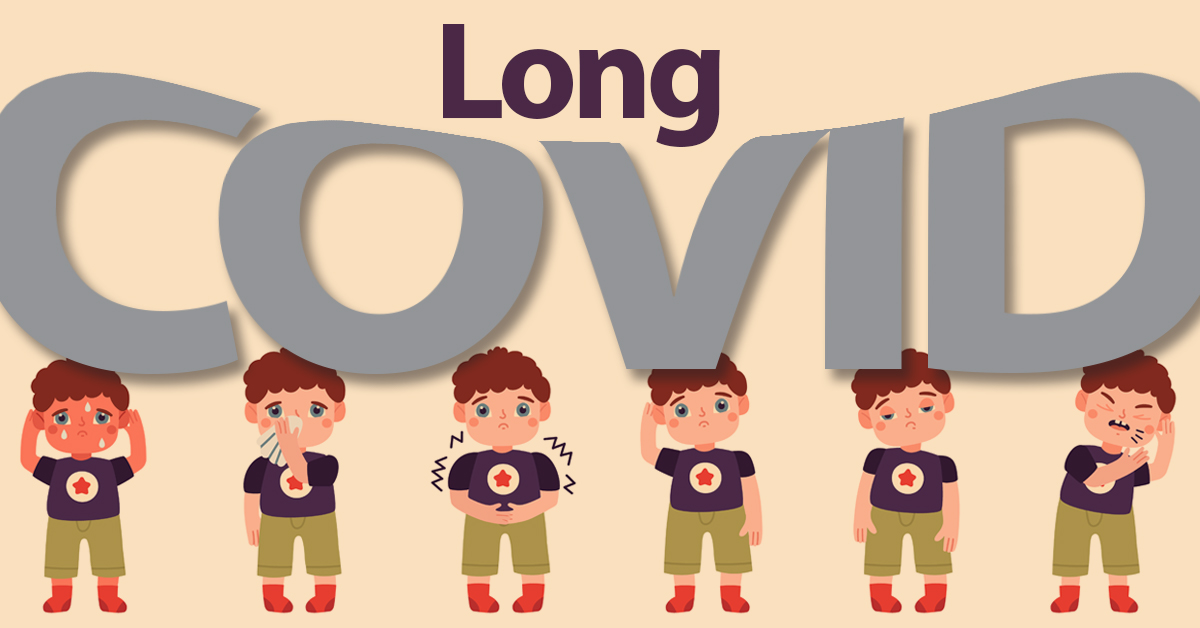by Jayne Wesler. Esq.
Since February 2020, families have been struggling with the increasing complexity of their children’s education. You’ve had to upend your lives to educate them at home, and then make critical decisions about how and when to return them to the classroom. School districts across the United States and even worldwide have had to confront similar decisions from their end. As the 2021-2022 school year commences, many students still contend with the long-term effects of COVID-19, also known as “long COVID.”
What is long COVID?
According to the Centers for Disease Control, long COVID is also identified by several terms, including long-haul COVID, post-acute COVID, long-term effects of COVID, chronic COVID, and post-COVID conditions. Most people who contract COVID-19 recover, but others continue to suffer significant aftereffects. These may include:
- Headache
- Changes in smell or taste
- Dizziness on standing (lightheadedness)
- Fast-beating or pounding heart (also known as heart palpitations)
- Symptoms that get worse after physical or mental activities
- Chest or stomach pain
- Difficulty breathing or shortness of breath
- Cough
- Joint or muscle pain
- Mood changes
- Fever
- Pins-and-needles feeling
- Diarrhea
- Sleep problems
- Changes in period cycles
- Multiorgan effects or autoimmune conditions
- Rash
Is long COVID a disability?
Long COVID can be a disability under IDEA and Section 504 of the Rehabilitation Act of 1973. If a student already has an IEP or 504 Plan but has long COVID, the local child study team should evaluate the individual student to determine whether he or she has new or worsening symptoms caused by or related to long COVID. The child’s IEP or 504 Plan can then be revised according to the child’s individual needs.
If the student does not yet have an IEP or 504 Plan, the child study team should evaluate to determine whether the student meets eligibility criteria, potentially under the “Other Health Impaired” category or “Preschool Child with a Disability” category, depending upon the child’s age.
What protections are available for students with long COVID?
Students with long COVID who are determined to meet the criteria for classification as Eligible for Special Education and Related Services may be provided with an Individualized Education Plan (IEP). An IEP can provide a myriad of assistance and supports for a student suffering from long COVID, which might include assistive technology, specialized instruction, or a shortened school day, among others.
Students with long COVID who are determined to meet the criteria may be eligible for a Section 504 Plan. In other words, they: “(1) have a physical or mental impairment that substantially limits a major life activity; (2) have a record of such an impairment; or (3) are regarded as having such an impairment.” While there is no comprehensive written list of ‘major life activities,’ these do include breathing, concentrating, regulating major bodily functions (such as the student’s immune system), and similar functions. Parents should be aware that a student’s ‘learning’ need not be substantially limited. Some school districts focus only on a student’s learning to determine eligibility for a 504 Plan, but a student may qualify if any major life activity is substantially limited, not just learning.
For more information or if you would like an attorney consultation to discuss, please contact us at 609-409-3500.


